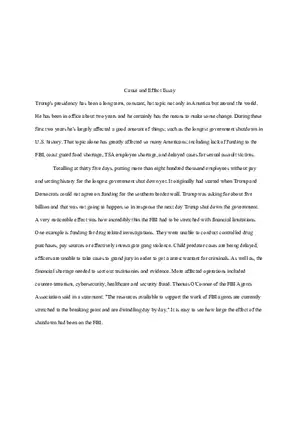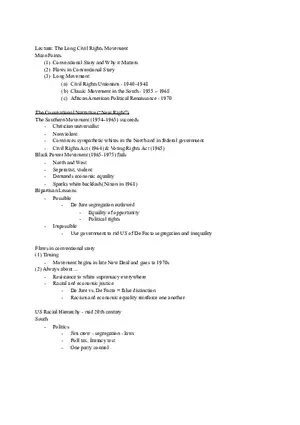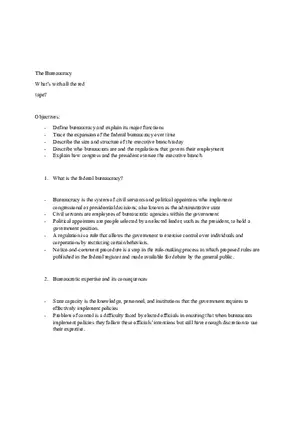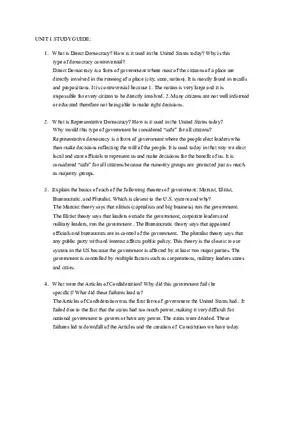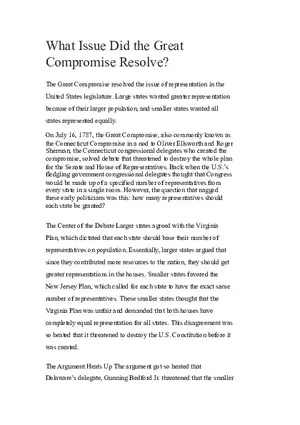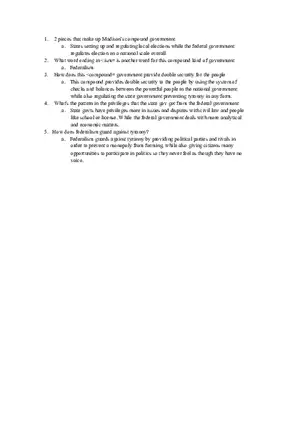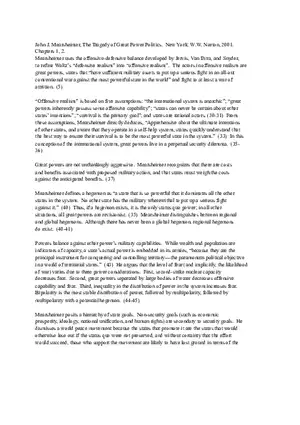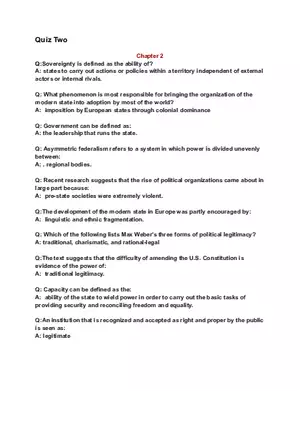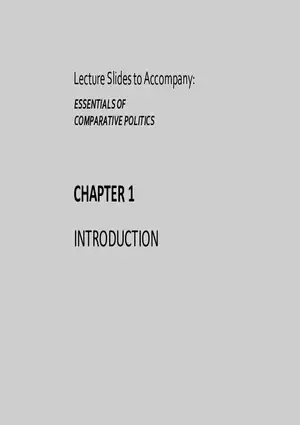Speech
Speech Cross Of Gold Reading
-
University:
East Georgia State College -
Course:
POLS 2301 | Comparative Politics Academic year:
2023
-
Views:
359
Pages:
1
Author:
Clint W.
Report
Tell us what’s wrong with it:
Thanks, got it!
We will moderate it soon!
Report
Tell us what’s wrong with it:
Free up your schedule!
Our EduBirdie Experts Are Here for You 24/7! Just fill out a form and let us know how we can assist you.
Take 5 seconds to unlock
Enter your email below and get instant access to your document


